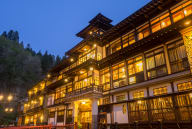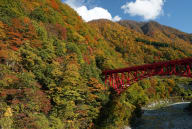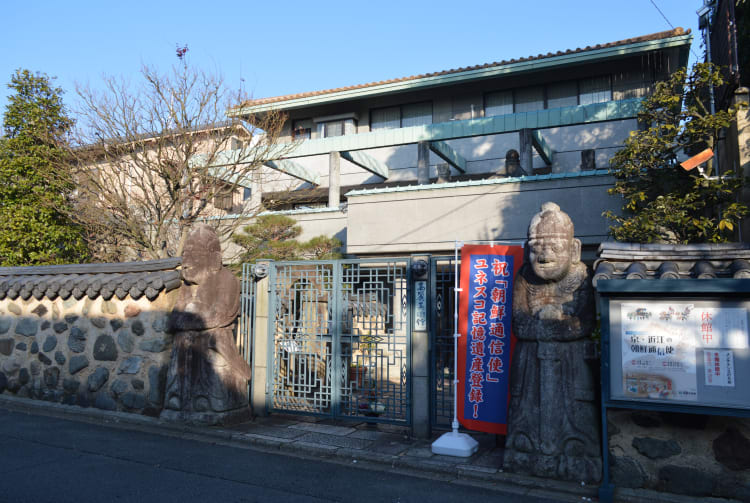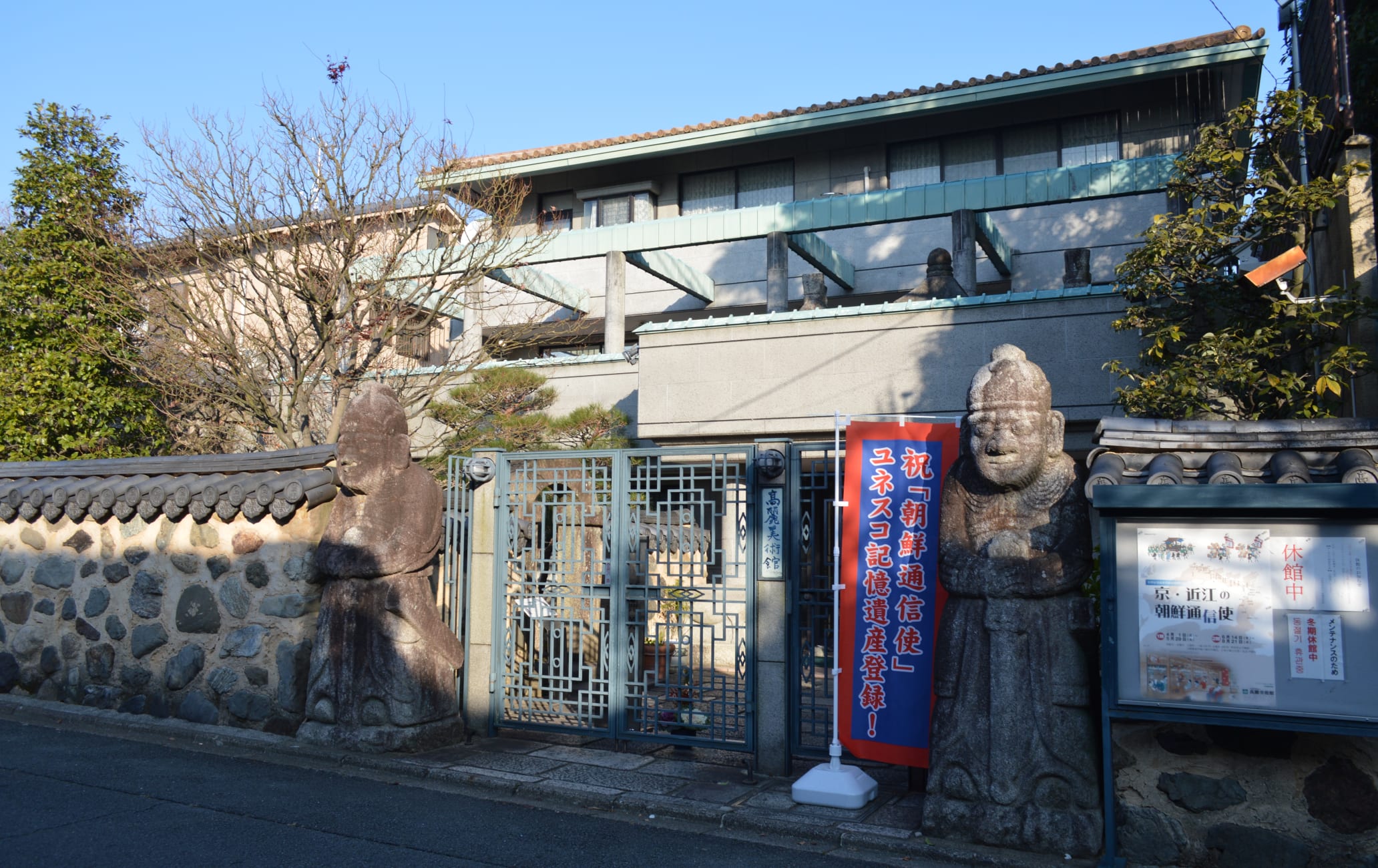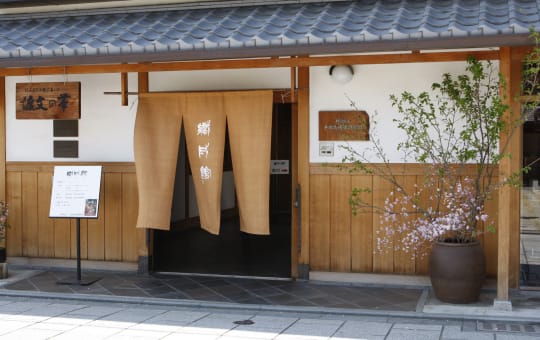©Koryo Museum of Art
Erleben Sie Kunst und Artefakte aus Koreas alten Dynastien
Erfahren Sie mehr über die koreanische Kunst und Geschichte im Kunstmuseum Koryo mit seiner 1700 Stücke umfassenden Sammlung, die von Gemälden über Keramik und Möbel bis zu Haushaltsgegenständen reicht.
Kurzinfo
Das Kunstmuseum Koryo wurde 1988 gegründet und ist als einziges Museum in Japan der koreanischen Kunst gewidmet.
Das Museum zeigt eine besondere Sammlung von Kunst und Kunsthandwerk von der koreanischen Halbinsel aus dem 18. bis zum frühen 20. Jahrhundert.
Der Gründer Jeong Jo-mun emigrierte 1924 als Kind von Korea nach Kyoto.
Anfahrt
Das Kunstmuseum Koryo befindet sich im Norden von Kyoto. Nehmen Sie sich etwa anderthalb Stunden Zeit, um die Ausstellungen des Museums in aller Ruhe zu besichtigen. Sie können Ihren Besuch auch mit einem Ausflug in den nahegelegenen Botanischen Garten von Kyoto verbinden.
Nehmen Sie den Kyoto-Stadtbus Nr. 9 vom Bahnhof Kyoto bis zur Bushaltestelle Kamogawa Chugaku-mae. Das Museum ist nur fünf Gehminuten von dort entfernt. Die Fahrt dauert etwa 40 bis 45 Minuten.
Eine beeindruckende Sammlung
Der Geschäftsmann Jeong Jo-mun gründete diese Sammlung mit 1700 Stücken. Die meisten Werke stammen aus den Dynastien Goryeo (918–1392) und Joseon (1392–1910). Das berühmteste Objekt des Museums ist das Gemälde „Heron“ des koreanischen Malers Kim Myeong-guk aus dem 17. Jahrhundert, das eine Inschrift von Hayashi Razan, einem berühmten japanischen neokonfuzianischen Philosophen, enthält.
Faszinierende Keramik und alte Werkzeuge
Am Eingang des Museums werden die Besucher von zwei steinernen Kriegerstatuen aus dem 15. Jahrhundert empfangen. Im Museum finden Sie Stücke wie polierte Steinwerkzeuge, Kupferspiegel und Keramikfliesen. Zu den Highlights der umfangreichen Keramiksammlung gehören Goryeo-Kelladon-Porzellan und Joseon-Weißporzellan.
Zurück in die Vergangenheit
Das Museum verfügt über eine große Anzahl an Möbelstücken und Haushaltsgegenständen. Eine beliebte Ausstellung rekonstruiert den Raum eines typischen Adligen aus der Joseon-Ära und gewährt den Besuchern einen Einblick in die Vergangenheit. Die Sammlung umfasst auch buddhistische Kunst und Volkskunst. Zweimal im Jahr finden finden Sonderausstellungen statt.
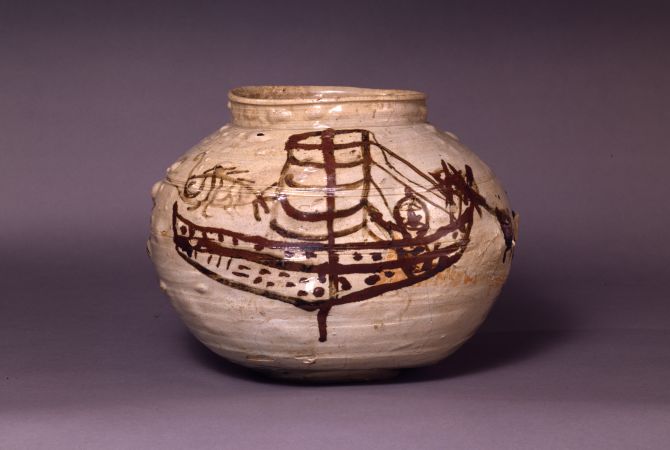
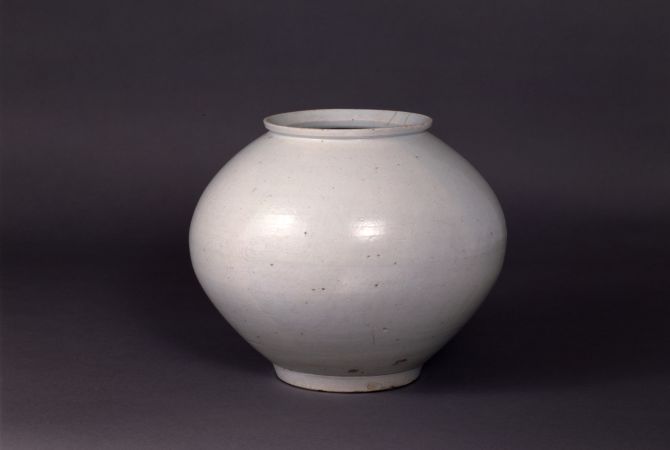
©Koryo Museum of Art
Die aktuellen Informationen können abweichen, bitte besuchen Sie daher auch die offizielle Website































